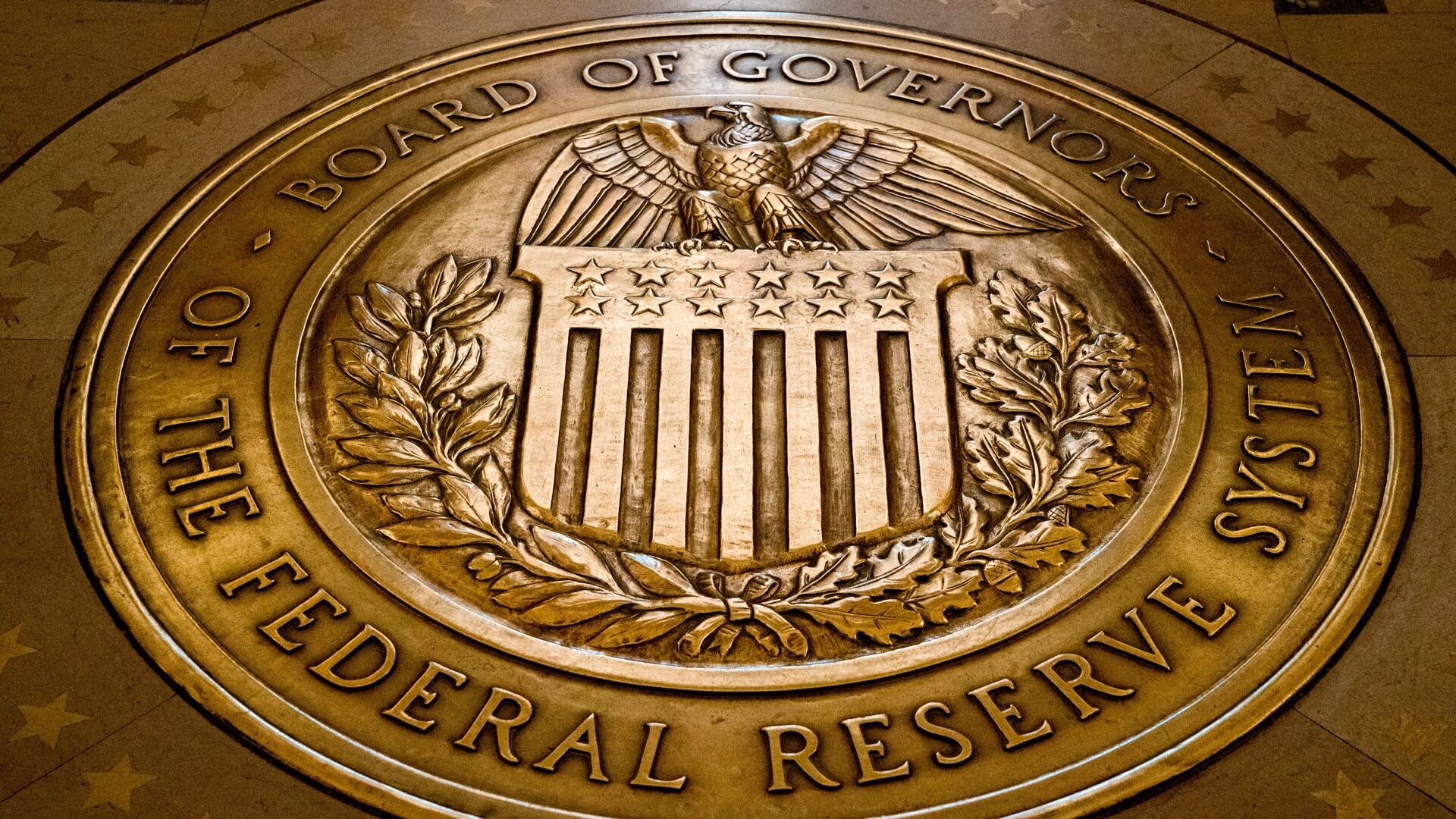By Christopher Rugaber
The nation's top financial regulator is asserting that Silicon Valley Bank's own management was largely to blame for the bank's failure earlier this month and says the Federal Reserve will review whether a 2018 law that weakened stricter bank rules also contributed to its collapse.
“SVB's failure is a textbook case of mismanagement,” Michael Barr, the Fed’s vice chair for supervision, said in written testimony that will be delivered Tuesday at a hearing of the Senate Banking Committee.
Barr pointed to the bank's “concentrated business model,” in which its customers were overwhelmingly venture capital and high-tech firms in Silicon Valley. He also contends that the bank failed to manage the risk of its bond holdings, which lost value as the Fed raised interest rates.
Silicon Valley was seized by the Federal Deposit Insurance Corp. on March 10 in the second-largest bank failure in U.S. history. Late Sunday, the FDIC said that First Citizens Bank, based in Raleigh, North Carolina, had agreed to buy about one third of Silicon Valley's assets — about $72 billion — at a discount of about $16.5 billion. The FDIC said its deposit insurance fund would take a $20 billion hit from its rescue of SVB, a record amount, in part because it agreed to backstop all deposits at the bank, including those above a $250,000 cap.
The Senate Banking Committee will hold the first formal congressional hearing on the failures of Silicon Valley Bank and New York-based Signature Bank and the shortcomings of supervision and regulation, by the Fed and other agencies, that preceded them. The committee will also likely question Barr and other officials about the government’s response, including its emergency decision to insure all the deposits at both banks, even as the vast majority exceeded the $250,000 limit.
Martin Gruenberg, chairman of the FDIC, and Nellie Liang, the Treasury undersecretary for domestic finance, will also testify at the Senate hearing. On Wednesday, all three will testify to a House committee.
Gruenberg said in his prepared testimony that the FDIC, which insures bank deposits, will investigate and potentially impose financial penalties on executives and board members of the two failed banks. The FDIC can also seek to bar them from working in the financial industry again.
Members of Congress will surely use the hearings to stake out their positions on issues raised by the bank failures. These issues include whether the $250,000 limit on federal deposit insurance should be raised, a change that would require Congress' approval.
Also sure to be debated will be whether the failures can be blamed, to some extent, on the 2018 softening of the stricter bank regulations that were enacted by the 2010 Dodd-Frank law.
The Fed will evaluate whether “higher levels of capital and liquidity would have forestalled the bank’s failure or provided further resilience to the bank,” Barr said.
The 2018 law exempted banks with assets between $100 billion to $250 billion — Silicon Valley’s size — from requirements that it maintain sufficient cash, or liquidity, to cover 30 days of withdrawals. It also meant that banks of that size were subject less often to so-called “stress tests,” which sought to evaluate how they would fare in a sharp recession or a financial meltdown.
Simon Johnson, an economist at the Massachusetts Institute of Technology who co-wrote a book about the 2008-2009 financial crisis, said he believed the 2018 regulatory rollback “contributed to a big relaxation of supervision and fed into this lackadaisical attitude around Silicon Valley Bank.’’
The two bank failures, Johnson said, suggest that banks with $100 billion to $250 billion in assets can pose a risk to the entire financial system. The reduction of rules for banks of that size was based on the idea that they didn't pose a systemic risk.
But Steven Kelly, senior research associate at the Yale program on financial stability, said he believed that Silicon Valley Bank's business model was so flawed that requiring it to hold more liquidity wouldn't have helped it withstand the lightning-fast bank run that toppled it. On Thursday, March 9, depositors — many of them operating swiftly, using smart phones — withdrew $42 billion, or 20% of its assets, in a single day.
“You’re never going to write liquidity regulations that are strict enough to prevent that, when there’s a run on a fundamentally unviable bank," Kelly said.
In his prepared testimony, Barr also pledged that the Federal Reserve and other agencies would take whatever steps they deem necessary to protect depositors and the banking system. Regulators “are prepared to use all of our tools for any size institution, as needed, to keep the system safe and sound,” he said.
The Fed has come under harsh criticism by groups advocating tighter financial regulation for failing to adequately supervise Silicon Valley Bank and prevent its collapse, and Barr will likely face tough questioning by members of both parties.
Barr said he would ensure that the Fed “fully accounts for any supervisory or regulatory failings” in a previously announced review of the bank's collapse.
He said officials at the Federal Reserve Bank of San Francisco, which directly supervised Silicon Valley Bank, had sent multiple warnings to the bank's management about the risks it was taking, including its substantial holdings of Treasurys and other bonds that were steadily losing value as interest rates rose.
As recently as mid-February 2023, Barr says in his prepared testimony, Fed staffers told the central bank's board of governors that rising rates were threatening the finances of some banks and highlighted, in particular, the risk-taking at Silicon Valley Bank.
“But, as it turned out," Barr says, “the full extent of the bank's vulnerability was not apparent until the unexpected bank run on March 9.”
AP Economics Writer Paul Wiseman contributed to this report.













